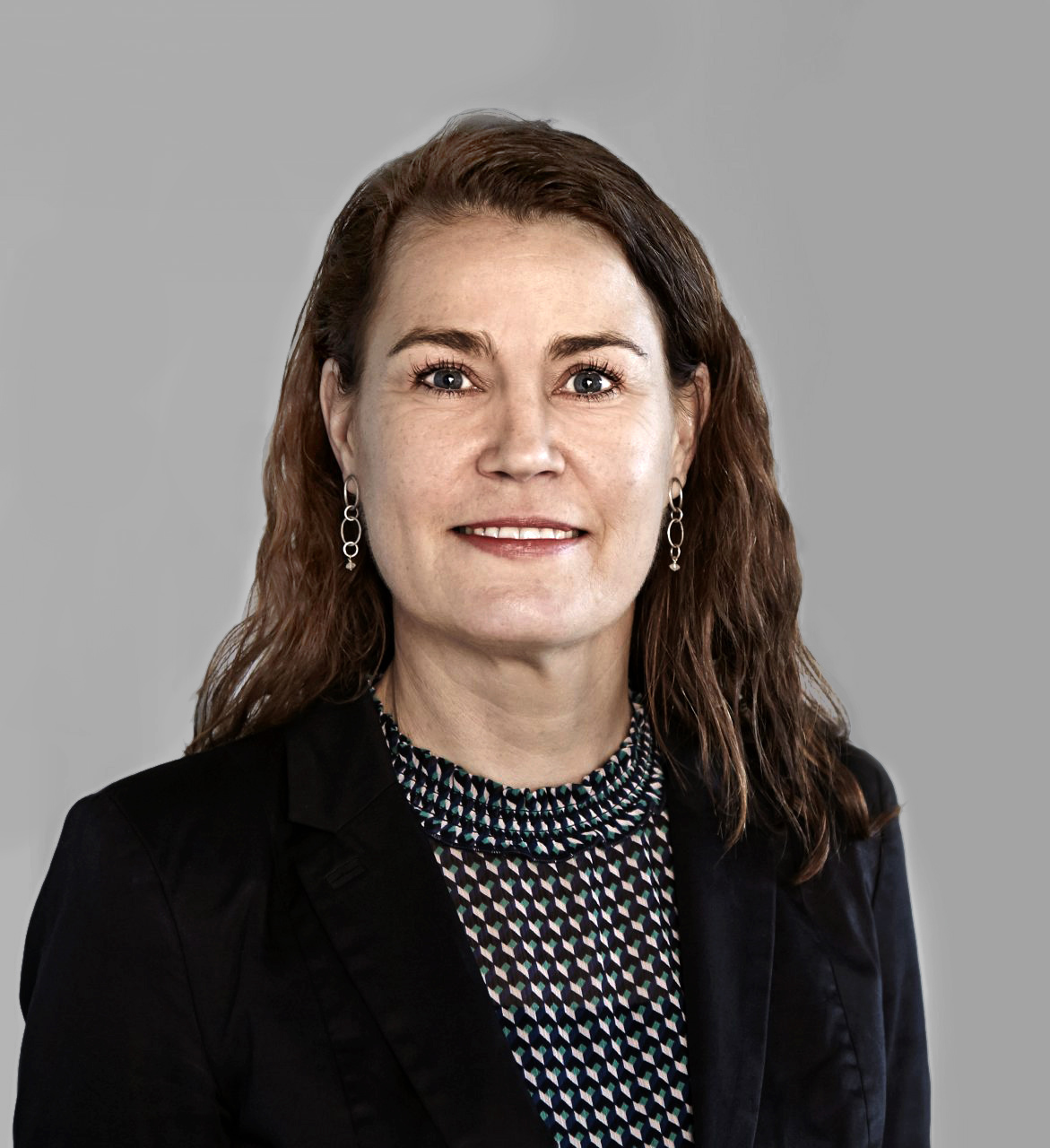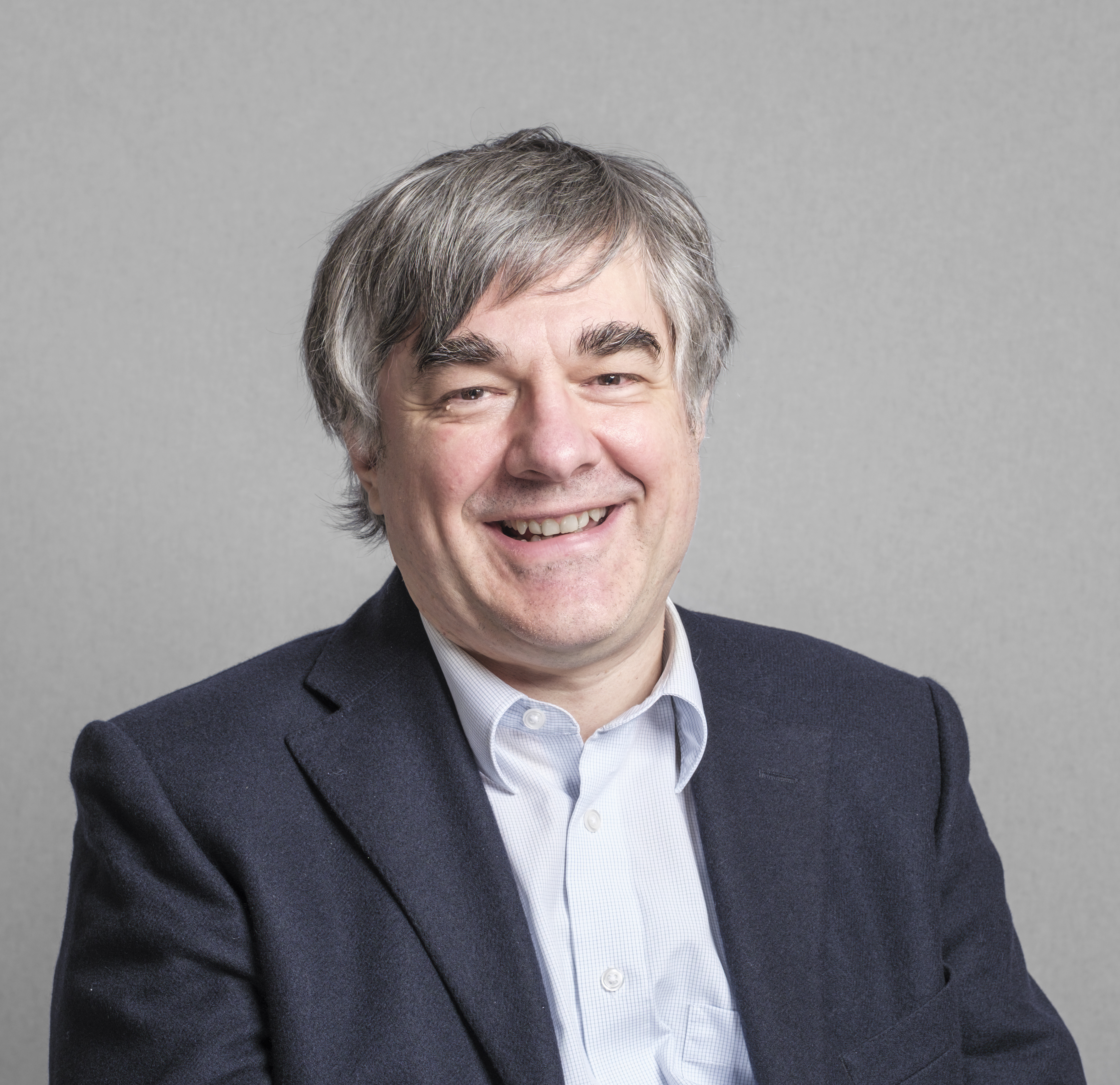Our Business Development Lead Kamilla Rolsted discusses her career and the trials and tribulations of securing investment in the competitive and highly niche field of rare disease.
Tell us about your career and how you got involved in the biotech industry
I have combined scientific expertise with a commercial focus throughout my 20-year-plus career in life sciences. Originally, I trained as a scientist and a pharmacist, I hold a PhD in bioanalysis from the University of Copenhagen and later completed an executive MBA from Copenhagen Business School.
I have always pursued applied science with a focused business approach. Although I worked as a researcher for several years, I carried out my PhD in collaboration with Leo Pharma, a multinational Danish pharmaceutical company. I have spent most of my career in industry, initially as a researcher and later within business development and strategy.
Working in the fields of business development, strategy and fundraising is something I have done for the over ten years in both listed and private companies, primarily in Scandinavia but also in the UK. I have spent the past few years working to drive companies’ business development programs forward as an independent consultant.
My work has spanned various pharmaceutical sectors from dermatology, metabolic diseases and oncology to infectious and rare disease. I have helped companies raise funds, both as an internal part of the company and from a corporate finance perspective in the venture capital market.
What is your focus at Actigen?
I originally worked with Actigen in a pharmacokinetics role but now focus solely on commercial activity, leading all aspects of business development alongside the senior management team.
The wider global geopolitical turmoil created by recent events, such as COVID, have impacted our work, and we have increasingly looked beyond the established markets of Europe and the United States to those emerging in India and China.
While Europe and the United States possess a well-developed rare disease market, such a market is currently only developing in China, and presents a distinct set of opportunities and challenges for me to pursue.
I focus on encouraging companies in China look beyond diseases/treatments that have already been launched in the States, which is an easier route to market, and uncertainty over reimbursement activity.
While there is an understanding in Europe and the United States that novel treatments for rare diseases can be profitable and a wise business investment, in China, this requires greater explanation, requiring a strategic approach to our communications. I am the first contact for outreach to prospective companies, identifying potential partners that may enable Actigen to drive its clinical development forward.
The rare diseases market is a highly competitive field in the EU and US, due to the number of clinical trials and programs in development. Still, fewer trials occur in China, partly because the infrastructure is less advanced.
Mucopolysaccharidosis II (MPS II or Hunter’s Syndrome) is a rare condition we are actively working with, that is not well known or understood in emerging markets, and a lot of initial activity is required in these markets to raise awareness of the condition.
Fortunately, we have the help of the UK Department for Trade in China. But we also require assistance to navigate China’s trials infrastructure and facilitate our access to Chinese patients, so we are now seeking a development partner based on the ground.
What challenges do you currently face securing investment for rare disease treatments?
Rising inflation and a looming recession are fuelling economic uncertainty. Recent global events have also disrupted supply chains, and investors are reluctant to back new initiatives until the markets stabilise.
Against this backdrop, securing investment within India and China is made even more challenging by the fact that the ultra-rare disease is a market still in its infancy. However, the rare disease market will likely grow considerably in China over the coming years, and now’s the time to get in early. Our strategy is focused on long-term investment for a greater gain, rather than short-term returns.
What inspires you about Actigen?
Actigen operates a strong commercial business model, but it is its commitment to a wider social mission that really motivates me; improving the quality of patient lives by increasing the range of treatment options available to those suffering from MPS II.
Left untreated, MPS II leads to a progressive deterioration of organ systems across the body, including the heart, lungs, brain, bone, and cartilage. Furthermore, brain deterioration leads to cognitive and behavioural issues such as disturbed sleep, hyperactivity, poor concentration, disruptive behaviour, and poor temper control.
The treatment we are working towards has the potential to transform patients’ lives and those of their families. A recombinant enzyme replacement candidate therapy can cross the brain-blood barrier and could subsequently treat neurological issues associated with MPS II, unlike current treatments, which only address the physical symptoms.
This work is only possible through the collaboration of the amazing Actigen team. Highly experienced, talented, and dedicated, with deep scientific knowledge, clinical understanding, and commercial focus, they enable Actigen to succeed in a highly competitive market.
What is your next goal?
For patients suffering from MPS II, this disease is life-altering and extremely debilitating. Our pre-IND has already received a positive initial response from the FDA and we are eagerly awaiting the final outcome. My job is now to secure investment and or partners to advance the clinical programme, enabling Actigen to take the first steps towards improving these patients’ lives.

